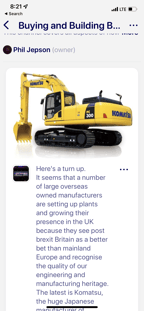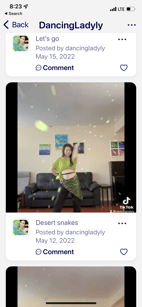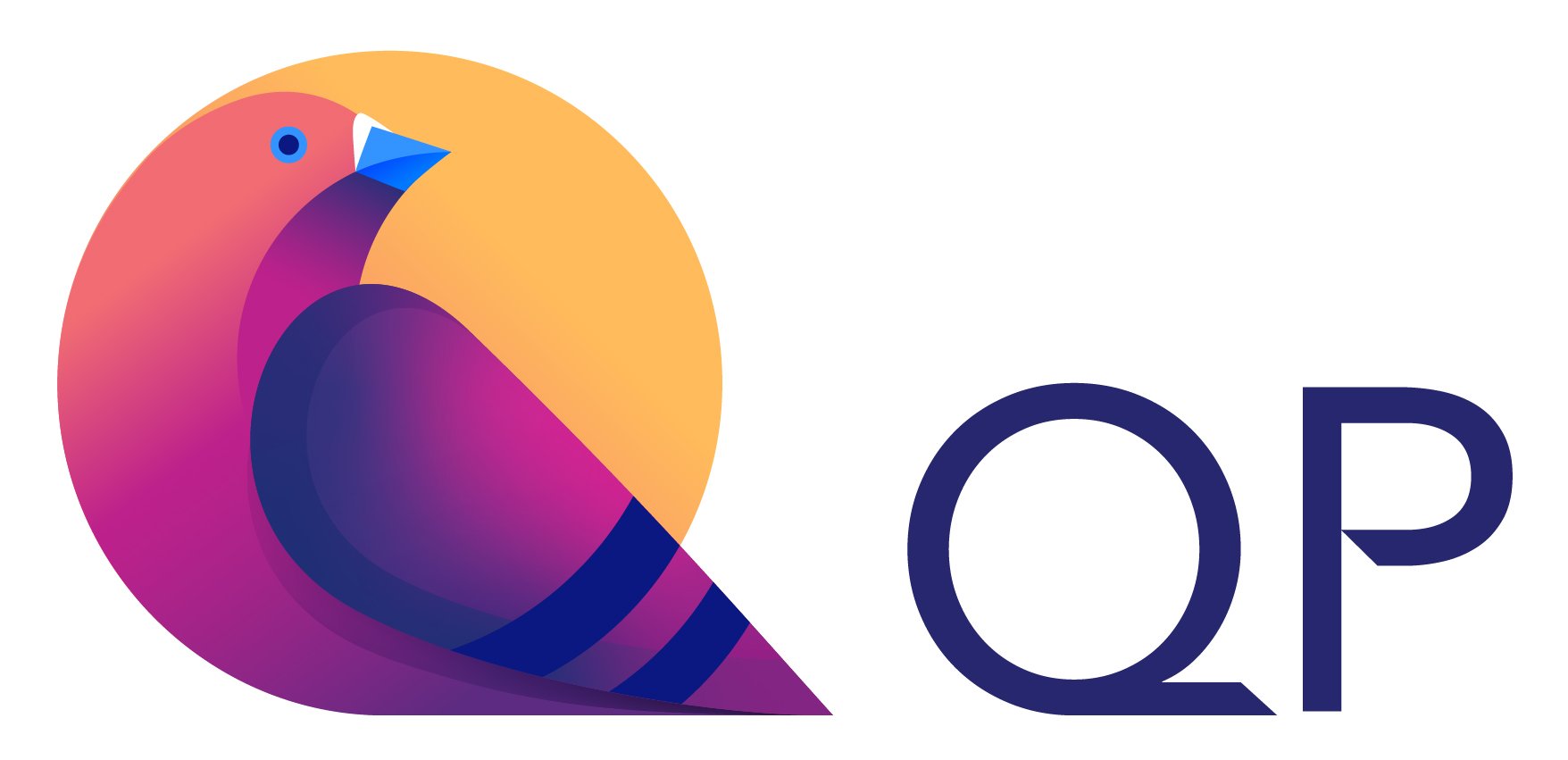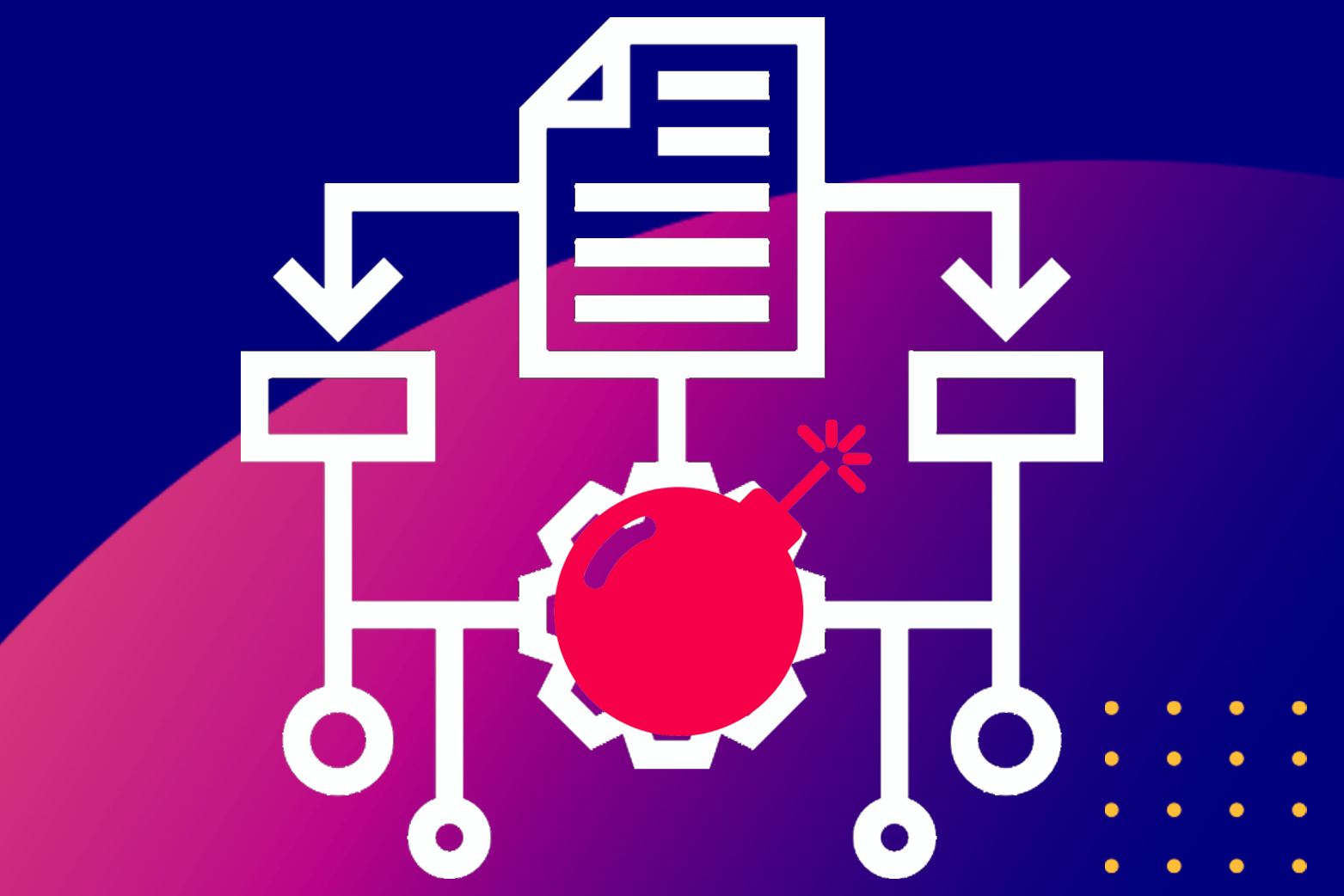When a creator puts their content out into the world they know two things: their most dedicated followers will see it, and reaching everyone else is a crapshoot.
The algorithms social media use to calculate user feeds are – and this cannot be stated loudly or boldly enough – not designed for the good of the creators. Social media algorithms are designed to deliver views, engagement, and income to the social media operator itself.

We know this is the case because the last few years of constant online struggles between creators and social media platforms have highlighted the degree to which the platforms are utterly amoral. Their core intent is not to deliver a fulfilling, or a valuable, experience – it is merely to deliver as many views as possible so that the maximum number of eyeballs can be deposited in front of ads.
The fiction that the algorithm delivers content in which users are generically ‘interested’ has been convincingly debunked: we now know that engagement is actually increased by sharing content that drives an emotional response, preferably negative. This is why users are more likely to see threads with which they either wildly agree, or wildly disagree – nothing gets a thread onto the virality path like a sea of outraged comments, egged on by trolls mocking the outrage.
It’s never been more true that outrageously provocative nonsense travels halfway around the world before the truth has had its morning coffee.
Simultaneously, the number of ads continues to grow. Where once users might have marveled at how much less ad-dense the Internet was than cable television, today it is not at all unusual for a third to a half of all feed posts are ‘sponsored’. An algorithmically-driven social media platform will not make decisions about what is a ‘good’ or ‘bad’ experience – it will just pile ads into user feeds at whatever volume brings in the most revenue.
Don’t think of social media as content supported by ads; it is an ad-delivery system that sparingly provides user-generated content to attract viewers.

No, the mechanics of social media platforms are designed neither to connect people with one another nor to provide a publishing medium for creators.
Every time the algorithm serves up another ad, it is pushing the work of another creator down a spot, reducing the creator’s circulation, and diluting the value of the user experience.
Google famously set itself up with the instruction: Don’t Be Evil. And, in truth, none of the legacy social media platforms is evil. What they are, however, is designed to profit off the sweat of others’ brows. While a select few creators, with tens of millions of followers, are able to generate a meaningful revenue stream, the rise of the algorithm is not only depressing their opportunities, but also working against the development of the next wave of great thinkers, artists, and thinkers.


